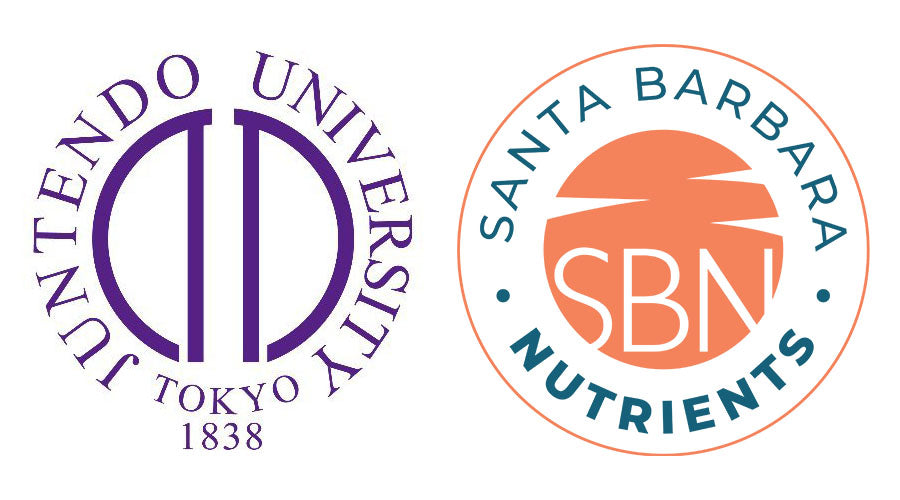Clinical study will test SBN’s medical food KetoCitra® and ketogenic metabolic therapy on ADPKD
SANTA BARBARA — February, 19th, 2024 — Physicians who treat patients with Autosomal Dominant Polycystic Kidney Disease, or ADPKD, look forward to the results of a new clinical study, Santa Barbara Nutrients announced today. Tokyo’s Juntendo University has begun testing the long-term benefits of Santa Barbara Nutrients’ (SBN) medical food KetoCitra® and ketogenic metabolic therapy (KMT) in individuals with ADPKD.
ADPKD, the most common genetic cause of kidney failure, is a disorder in which clusters of cysts develop primarily within a person’s kidneys, causing the kidneys to enlarge over time and eventually lose function. Most ADPKD patients inherit the disease from a parent, but some develop it via spontaneous mutation. ADPKD has one approved treatment, JYNARQUE® (tolvaptan), which slows the progression of the disease. Shigeo Horie, MD, PhD, professor and chairman of urology; and assistant professor Haruna Kawano, MD, PhD, at Juntendo Hospital, are leading the new study. Juntendo University, a leading private university, operates the largest university hospital network in Japan and has the longest history as a medical education institution in Japan.
“Our lab at the University of California at Santa Barbara discovered that inducing ketosis in animals — whether via the ketogenic diet or ketone supplementation with beta-hydroxybutyrate (BHB) — slows, and even reverses, the progression of ADPKD,” said Thomas Weimbs, UCSB Professor and Chief Scientific Officer of SBN. “Doctors Horie and Kawano and their amazing team will help us learn whether ketosis will also slow cyst development in people. We eagerly await their results!”
Recent research has shown that the mutations that cause ADPKD also impact metabolism. That is why dietary interventions for ADPKD patients show promise for improving kidney health.
To bridge the gap between lab research and clinical practice, Dr. Weimbs and a group of renal dietitians developed a KMT plan called the Ren-Nu Program (https://ren-nu.org/) in which patients learn to implement a kidney-safe, plant-focused ketogenic diet in combination with SBN’s medical food, KetoCitra®.
For this clinical trial, investigators at Juntendo University will evaluate the safety, tolerability, feasibility, metabolic, and renal outcomes of the KMT (Ren.Nu + KetoCitra®) in patients with ADPKD. The study will follow up to 200 ADPKD patients who will either undergo the dietary intervention or follow their usual diet for one year.
In preparation for the clinical trial, Juntendo University physicians, patients, and dietitians worked together to translate and adapt the Ren-Nu Program educational materials and meal plans to be culturally suitable for the Japanese population.
For more information about this study, visit https://juntendo-urology.jp/2023/12/18/adpkd-syokujikenkyu/.
# # #
About Santa Barbara Nutrients, Inc.
Santa Barbara Nutrients is a public benefit corporation incorporated in Delaware and headquartered in Santa Barbara, California. The experienced Santa Barbara Nutrients team comprises kidney researchers and patients dedicated to bringing to market novel medical foods and other innovative products to help people with kidney disease and other health conditions.The company is committed to scientific and clinical research to develop science-backed products that support human health and address significant unmet medical needs. SBN’s first product is KetoCitra®, a medical food for the daily nutritional management of individuals with ADPKD and other forms of chronic kidney disease (https://santabarbaranutrients.com/ketocitra).
For more information, please visit https://santabarbaranutrients.com/ or contact info@sbnutrients.com

Laisser un commentaire: